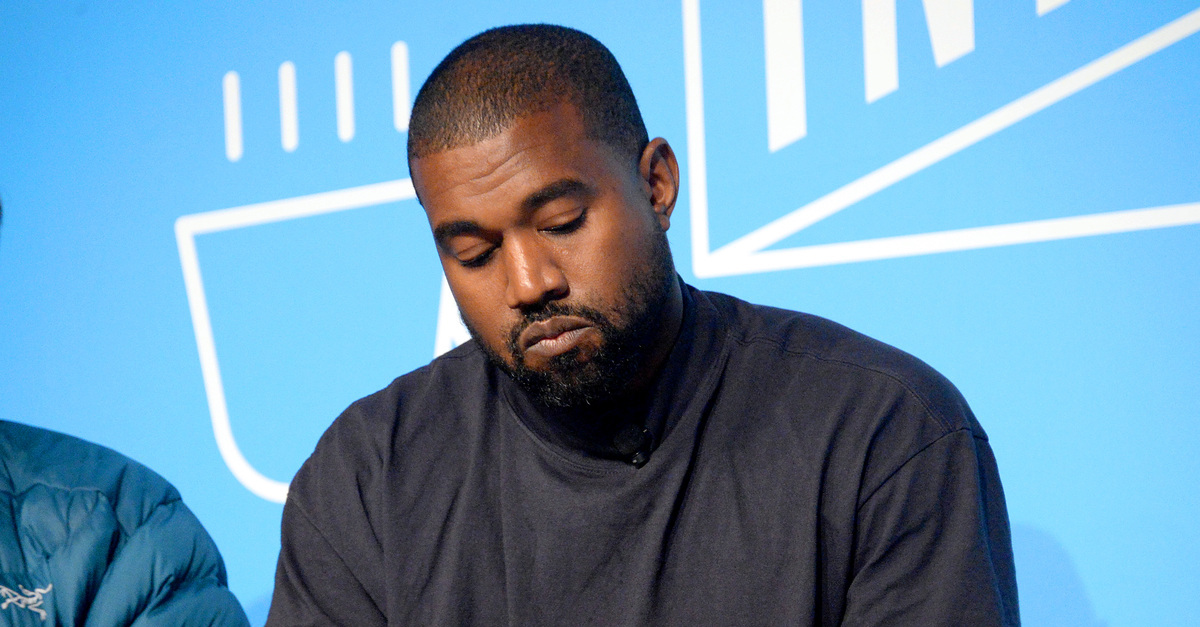
Things are really not going well for presidential hopeful Kanye West. On Thursday, he was judicially removed two separate state ballots: Virginia and Arizona.
The challenge in Arizona came from resident Rasean Clayton, who filed a lawsuit against West on Monday. Clayton asked the court to bar West from the state’s Nov. 3 ballot. The basis of Clayton’s challenge was that West is not really an independent candidate—but rather, is a Republican.
As we have discussed before in relation to West’s candidacy, state legal requirements for getting on the ballot vary from state to state. In Arizona, independent presidential candidates may only appear on the ballot if they are truly independent, meaning that they are not registered with a political party.
West is registered as a Republican in Wyoming, and eleven of his presidential electors are also registered as Republicans. This creates an interesting interaction between law and politics, given that many have speculated that West’s candidacy has the potential to help Donald Trump—the actual Republican nominee—by siphoning votes away from Democratic nominee Joe Biden.
Superior Court of Maricopa County Judge M. Scott McCoy presided over the case. Judge McCoy acknowledged that there “no statutory definition, legislative history or case” explains precisely what the legislature meant to require by the way of required party registration. However, wrote the judge, “the most sensible reading is that it prohibits Mr. West’s nomination.”
The court also focused on the potential harm done if voters were to have the option of voting for West on the ballot, only to later find that he had been disqualified as a viable candidate. Given the potential harm as well as the likelihood of West losing on the merits of the underlying case, the court issued an injunction barring West from being placed on the ballot.
Judge McCoy’s ruling came on the same day that a Virginia court ruled against West from appearing on its state’s ballot. In that ruling, the court made a finding that went a step further, barring West from the ballot on grounds of fraud.
The Virginia court ruled that, “eleven of the Elector Oaths submitted by Kanye West were obtained by improper, fraudulent and/or misleading means, or are otherwise invalid because of notarial violations and misconduct, and, therefore, do not count toward the statutorily required minimum” necessary to appear on the ballot.
[image via Brad Barket/Getty Images for Fast Company]